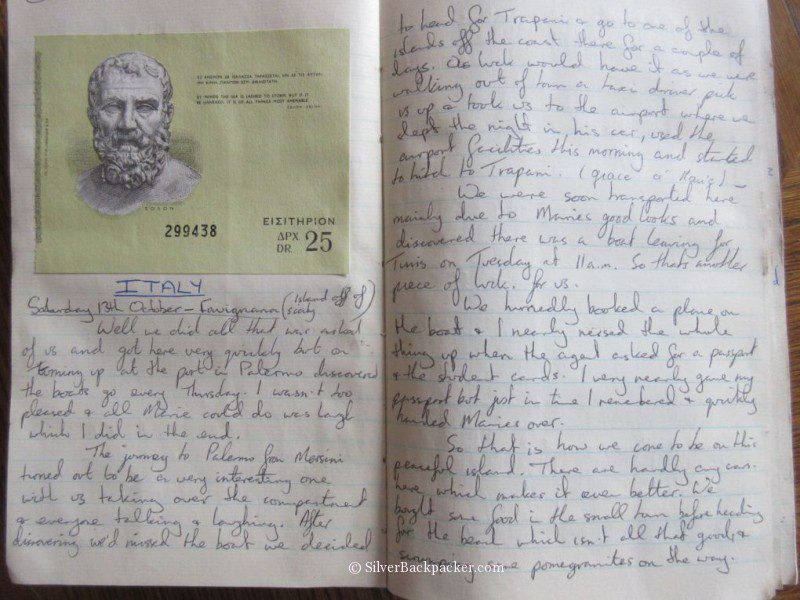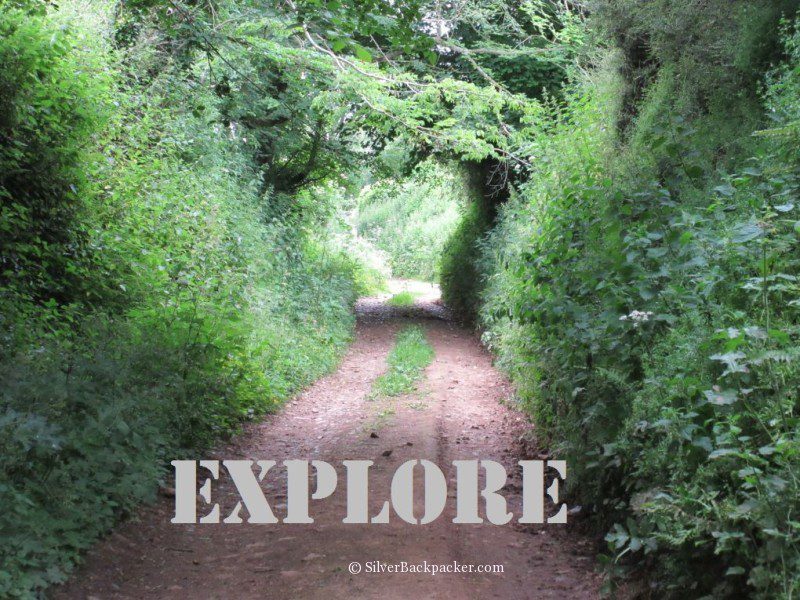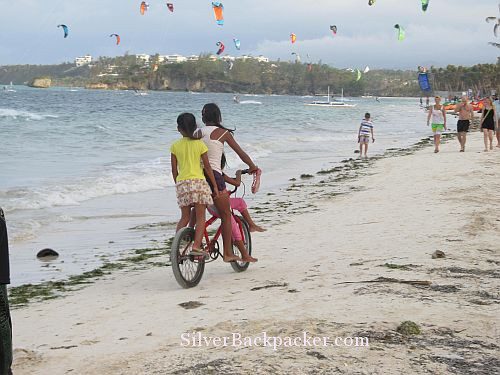Continuing the ABC of Backpacking Series – This time I explore the letters DEF. If you have any that you would like to add, then please leave in the comments below the post. It will be interesting to see how many we can come up with.
D for DECISION
It’s Decision time. Are you Backpacking Solo? Going in a group or with a friend? It’s your trip. Don’t wait for others to decide or you may miss out. If you want to go, then go. If you feel the time is right for you then go. Never wait for the Decision of others as the timing may not be right for them. If they want to join you then they may catch up later.
D for DESTINATION
It’s not about the destination, it’s all about the journey! Make the most of it as we don’t know how long our individual journey’s will be, or if we will ever reach our intended destination.

Destination Departure Board at Gatwick Airport
D for DIARY
A handwritten Diary or Journal is a good way to write down memories from your trip. I find that it is much more fulfilling and personal when writing out my experiences by hand than just typing them into a blog. You can also include momentos like bus and museum tickets, stamps from each country, drawings or sketches you make along the way. Postcards can be glued in too.
A Diary is also good for keeping track of your expenses each day.

Extract from my 1979 Diary.Ticket from Acropolis in Athens and a day in Sicily, Italy
D for DREAMS
Dreams can also be Goals. A Dream will always remain a Dream unless you start to make it real. Where have you always wanted to go? Climb that mountain, Backpack South America or SE Asia? Get yourself a Dream Book and write them all down. The moment you transfer them from your head onto paper is the first step in your dreams becoming real. If you leave them in your head , they will always be Dreams.
Make yourself a Dream Board and hang it on a wall in your room. Add photos, pictures and newspaper cuttings of them. look at it everyday. Keep your Dreams alive. Then go and chase them.
When the confines of the waking world
Blend with the world of dreams.
And so I captured this fancy
Where all that we see or seem
Is but a dream within a dream. (Alan Parsons Project)
What are your Dreams?
**********

One of my Dreams is to travel overland from London to Sydney by train and boat.
E for EDUCATION
Make sure you Educate yourself about the places you visit….. The Culture, Traditions, Food, Sights, Transportation, Currency, Dress Code…….. the list goes on.
Do your homework before you leave. Know what to expect along the way. There is nothing worse than not knowing where you are going. It’s so easy these days to Google for information, read relevant blogs and make notes. Find out what visas you need before arriving at a border crossing and how to extend them. Don’t miss the small details of your trip.
E for EXPLORE
Don’t just stick to the well trodden path that everyone else is following. Leave the Lonely Planet behind. Take the path less worn. Go round that bend, climb that staircase, open that door to see what secrets are there waiting to be discovered. Explore the backstreets and alleys. Meet new people. Travel by Public transport, take that Chicken Bus instead of the a/c luxury one. Mix with the locals. Eat street food.

Explore. Follow the Path. See whats round the corner. Discover
F for FEAR
When asked what’s the biggest thing that stops people from living their dream, Sir Richard Branson replied, “The fear of failure.”
Yet this is a fear we’re not born with. We’re actually only born with two fears, the fear of falling and the fear of loud noises. All other fears are learned as we grow up.
Do you have any Fears that are stopping you from Backpacking or Travelling?
F for Fernweh
Fernweh, a german word, comes from fern (meaning “far”) and weh (defined as “pain,” “misery” or “woe”). Fernweh, then, is “farsickness” or a “longing for far-off places,” especially those you’ve not yet visited
F for FREEDOM
Freedom is all about having a choice. Once you are out there on the road with your backpack, carrying everything you need to survive, that is Freedom. Everything is up to you. Where you go and whose company you keep. No longer do you have a “Boss” looking over your shoulder. You are in complete control of your destiny.
Or as the line from one of Janis Joplin’s songs goes :- “Freedoms just another word for Nothing left to lose”

What is your idea of Freedom?
F for FRIENDS & FAMILY
When you set out on your Backpacking journey, the friends and family you leave behind will be wanting to keep up with you. It’s so easy these days to stay in touch through Social Media and email. It’s also important that you do keep in touch with them just in case of the unlikely event that you run into difficulties.
Let them know your plans and whereabouts. Give them your local mobile number for use in emergency.
They will be interested in reading your blog updates too, so make sure you post regularly with lots of photos. It will seem to them that they are right there travelling with you.
When i first started travelling, we had to use a Post Restante address, which involved planning the trip via big cities or towns to collect mail (snail mail) from a Post Office. That involved thinking a month or two ahead where you would be. Its so much easier with email 🙂
On the upside … I still have some letters that i wrote home when i was travelling round India in 1977. Reading them brings back many good memories. Do you think you will still have those emails in 40 years time????
Next time I will be exploring the letters G,H,I and J
Do you have any ABC’s to add to this series so far. I am interested to hear of any i have missed
This is a series on the ABC of Backpacking. You can catch up on any you have missed below
ABC of Backpacking – ABC
ABC of Backpacking – DEF
ABC of Backpacking – GHIJ
ABC of Backpacking – KLM
ABC of Backpacking – NOPQ
ABC of Backpacking – RST
ABC of Backpacking – UVW
ABC of Backpacking –XYZ


